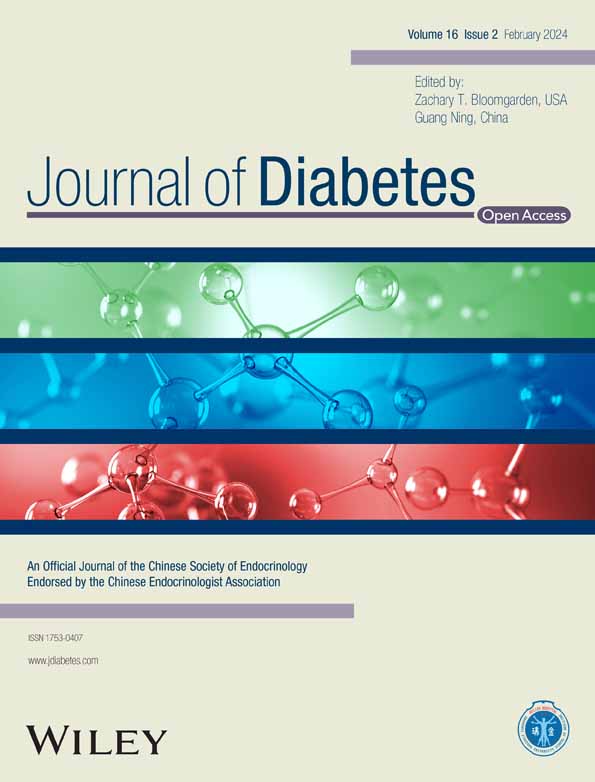Comparison of medical resources and costs among patients with coronary heart disease and impaired glucose tolerance in the Acarbose Cardiovascular Evaluation trial
Liam Mc Morrow and Frauke Becker are joint first authorship.
Jose Leal and Rury R. Holman are joint senior authorship.
Abstract
Background
The Acarbose Cardiovascular Evaluation (ACE) trial (ISRCTN91899513) evaluated the alpha-glucosidase inhibitor acarbose, compared with placebo, in 6522 patients with coronary heart disease and impaired glucose tolerance in China and showed a reduced incidence of diabetes. We assessed the within-trial medical resource use and costs, and quality-adjusted life years (QALYs).
Methods
Resource use data were collected prospectively within the ACE trial. Hospitalizations, medications, and outpatient visits were valued using Chinese unit costs. Medication use was measured in drug days, with cardiovascular and diabetes drugs summed across the trial by participant. Health-related quality of life was captured using the EuroQol-5 Dimension-3 Level questionnaire. Regression analyses were used to compare resource use, costs, and QALYs, accounting for regional variation. Costs and QALYs were discounted at 3% yearly.
Results
Hospitalizations were 6% higher in the acarbose arm during the trial (rate ratio 1.06, p = .009), but there were no significant differences in total inpatient days (rate ratio 1.04, p = .30). Total costs per participant, including study drug, were significantly higher for acarbose (¥ [Yuan] 56 480, £6213), compared with placebo (¥48 079, £5289; mean ratio 1.18, p < 0.001). QALYs reported by participants in the acarbose arm (3.96 QALYs) were marginally higher than in the placebo arm (3.95 QALYs), but the difference was not statistically significant (0.01 QALYs; p = .58).
Conclusions
Acarbose, compared with placebo, participants cost more due to study drug costs and reported no statistically significant difference in QALYs. These higher within-trial costs could potentially be offset in future by savings from the acarbose-related lower incidence of diabetes.
CONFLICT OF INTEREST STATEMENT
Rury R. Holman reports research support from AstraZeneca, Bayer (related to the present study), and Merck Sharp & Dohme, and personal fees from Anji Pharmaceuticals, AstraZeneca, Novartis, and Novo Nordisk. Hertzel C. Gerstein reports personal fees from the University of Oxford (related to the present study); grants and personal fees from Sanofi, Eli Lilly, AstraZeneca, Boehringer Ingelheim, Novo Nordisk, and Merck Sharp & Dohme; and personal fees from Abbott and Amgen. Lars Rydén reports grants from Swedish Heart Lung Foundation Swedish Diabetes Foundation, Family E Perssons Foundation, and Amgen; and grants and personal fees from Bayer AG (related to the present study), Boehringer Ingelheim, Merck Sharp & Dohme, and Novo Nordisk. Stefan Schöder was a Bayer AG employee. Frauke Becker, Liam Mc Morrow, Jose Leal, Ruth L. Coleman, and Alastair M. Gray report no conflicts of interest.




